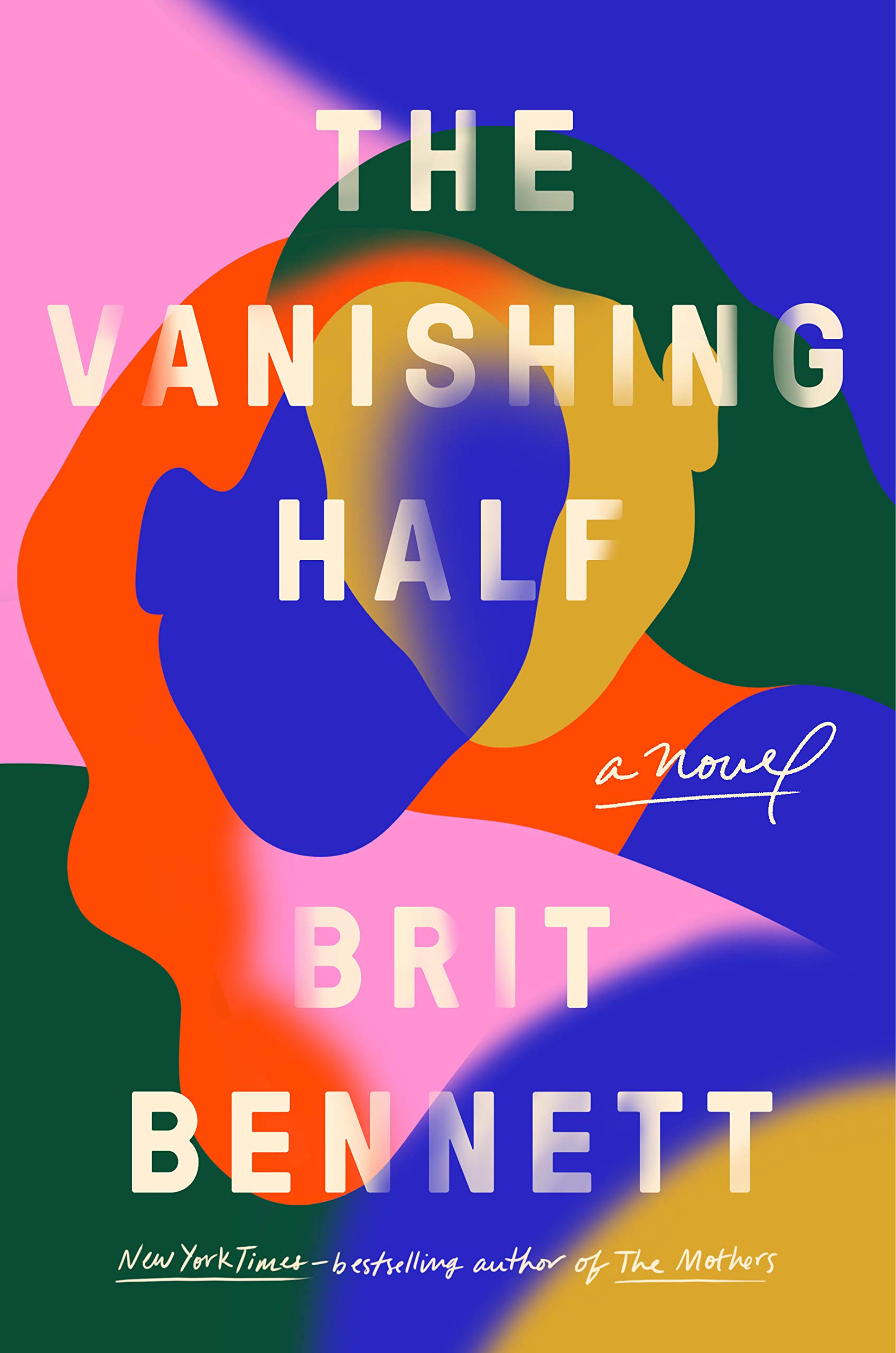Chapter 10: Jude’s Family Identity and Her Search for Connection
byJude’s internal conflict takes center stage in this chapter, as she confronts the tantalizing possibility that Kennedy might be connected to Jude’s family identity, particularly her estranged aunt, Stella. Their encounter in the dressing room is laced with a blend of hope and frustration, with Jude quietly searching for any trace of a shared lineage or family resemblance. Kennedy, however, remains blissfully unaware of Jude’s unspoken questions, her casual remarks about her mother’s nostalgia and vague insights into her family offering no tangible clues. The conversation feels fleeting and unproductive to Jude, who realizes that her quest for familial connection may be more complicated than she initially believed.
The interaction between Jude and Kennedy underscores the vast differences in how each perceives their roots and heritage. Jude carries the emotional weight of unresolved family ties and unanswered questions, each revelation about her lineage representing another piece in a fragmented puzzle. In contrast, Kennedy approaches her past with a casual detachment, romanticizing her mother’s wistful memories without any real desire to dig deeper. This disparity creates an unspoken tension between the two, with Jude grappling with the futility of her search and Kennedy remaining blissfully untouched by the stakes of their conversation.
As the chapter unfolds, Jude begins to recognize that her fixation on uncovering her family’s secrets might be distracting her from addressing her own life. The sense of deflation she feels after her interaction with Kennedy is tempered by a quiet night spent with Reese, whose presence provides a much-needed reprieve from her emotional struggles. Reese’s steady companionship contrasts sharply with the chaos of Jude’s thoughts, grounding her in the present and reminding her of the value of focusing on what lies ahead. This moment of peace becomes a turning point for Jude, who starts to question whether her relentless pursuit of Stella and her family history is a means of avoiding deeper uncertainties about her future.
Kennedy’s own words during their brief conversation linger in Jude’s mind, prompting her to reflect on the significance of kindness and the complexities of family relationships. While Kennedy’s detachment highlights the emotional distance she feels from her roots, it also sheds light on Jude’s deeper yearning for connection and understanding. This juxtaposition between Kennedy’s indifference and Jude’s emotional investment becomes a defining element of the chapter, symbolizing the broader theme of how individuals process family history and identity in profoundly different ways.
By the end of the chapter, Jude begins to shift her focus inward, realizing that she cannot rely on external validation or connections to Stella to define her sense of self. Instead, she starts to prioritize her present relationships, particularly with Reese, and the opportunities that await her in the future. The moment signifies a subtle yet significant evolution in Jude’s journey, as she begins to let go of the weight of her past and embrace the idea that her identity is not solely tied to her family history. This decision marks a critical step in her growth, as she learns to balance her desire for closure with the need to forge her own path.
The narrative delicately weaves together themes of identity, belonging, and self-discovery, highlighting Jude’s emotional complexity as she navigates the tension between her unresolved past and her aspirations for the future. Her encounter with Kennedy, though brief, serves as a catalyst for introspection, forcing her to confront the limitations of her search for answers and the importance of focusing on the here and now. As the chapter concludes, Jude’s journey takes on a new dimension—one defined not by chasing ghosts from her past, but by embracing the possibilities of her future with renewed clarity and purpose.


